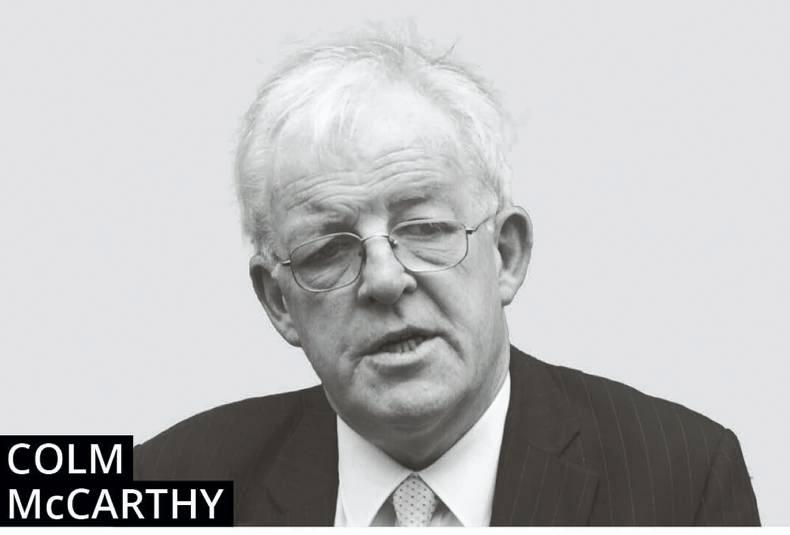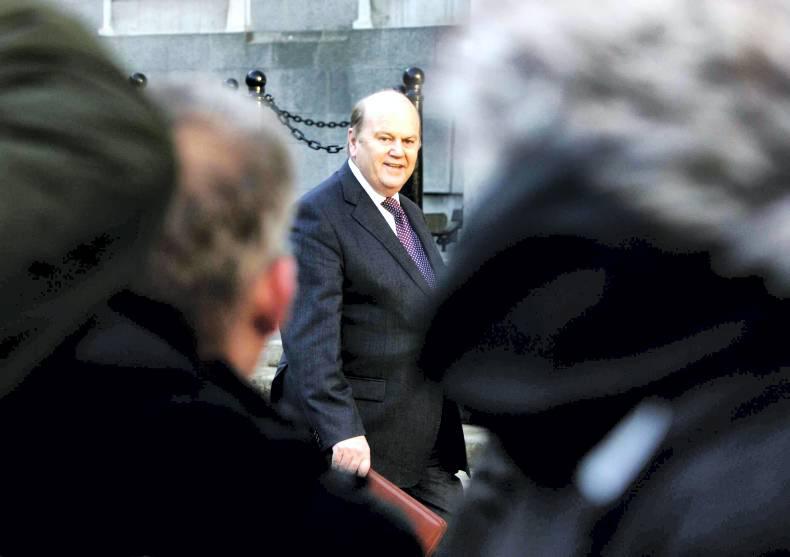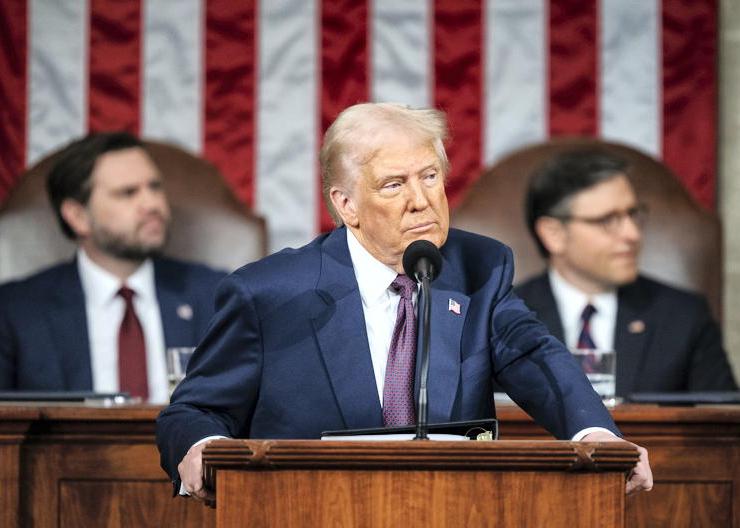The most leaked budget ever is a poor advertisement for the “new politics”: a thin layer of borrowed money spread in all directions. In the period since February’s general election, a minority Government, patched together from Fine Gael and independent deputies, has struggled to produce a coherent response to the challenge of economic management.
And there is an enormous challenge. Ireland’s growth model since the 1960s has been built around foreign direct investment encouraged by a generous corporation tax regime – a model now under sustained attack.
Ireland’s biggest trading partner, the United Kingdom, is departing the European Union, with unpredictable economic and political consequences.
The budget was an opportunity to address these issues but instead the Government has chosen to appease as many interests as can be accommodated within the negligible financial margin available. The chorus of disappointment from every political, regional and sectional interest has already commenced and will intensify in the weeks ahead.
The details are not important and will soon be forgotten. No group has received a fraction of its self-assessed entitlement and there has been a comprehensive failure to manage expectations.
After three years of recovery, the State debt is barely under control, the Government is still borrowing and the external environment has altered rapidly for the worse. There is no realistic possibility for many years that tax burdens can be reduced, or public spending expanded, by amounts that will make a material difference to anyone. The entire political system, aided by a news media focused obsessively on the manufactured drama in Leinster House, is engaged in a pretence that the budget is an important expression of economic strategy. The only strategy seems to be the avoidance of an early general election.
The explicit assumption in the budget arithmetic is that the economy will continue to expand in 2017 and beyond. It has been expanding – and at a pace better than had been expected – for three straight years, partly due to some huge pieces of good luck: oil prices, borrowing costs for government and the euro exchange rate all moved in the right direction.
This triple-bonus will not continue. Oil prices appear to have bottomed out, as have government borrowing costs. The exchange rate that matters most for Irish business is the rate against sterling and the trend since the Brexit referendum at the end of June has been hugely negative.
As against this time last year, the Irish currency (the euro) has risen by over 20% against sterling, threatening the viability of numerous firms around the country, some of which are already contemplating layoffs.
One of the lessons of Irish history is that macroeconomic performance is volatile and cannot confidently be predicted for even a year or two ahead. It is entirely possible that the current recovery will continue for another few years, but on past experience it is also possible that it could come to an early end. Given the legacy of official debt on the balance sheet of Government, to be serviced and refinanced out into the indefinite future, the capacity to handle another downturn is circumscribed.
The giveaways on Tuesday are being financed only by a continuation of borrowing. Had there been no budget, the deficit would have been eliminated next year. This will not now happen and the national debt will rise again in 2017, as it has done every year since 2007.
The budget strategy is a gamble that the recovery will continue. If the next downturn, whenever it comes, coincides with an increase in Government borrowing costs, there is a real risk that the Government will be forced rapidly back into fiscal retrenchment. Minister for Finance Michael Noonan trumpeted again the expected decline in the ratio of debt to GDP to 76% by year’s end, omitting to remind everyone that the GDP figures have been inflated by the tax-laundering activities of multinational companies. Did he believe the 26% increase in real GDP last year? The ratio of Ireland’s debt to actual tax revenue, from which it must be serviced, is joint highest in the eurozone with Greece and Italy, and any notion that the debt burden is inside safety margins is wishful thinking.
There are some potentially damaging measures, notably the return of demand-side subsidies in the housing market. The new grant will be available for those buying new homes costing up to €600,000. One construction industry spokesperson welcomed the scheme as a boost for starter homes. It will be news to people around the country that starter homes cost €600,000.
The absence of any serious attempt to rethink the country’s economic development model is worrying. What precisely is the Government’s view of an economic future with Britain outside the EU and the 50-year-old inward investment model under threat?
This vacuum cannot be filled with rhetoric and borrowed money.









SHARING OPTIONS